This book is a publication of
Indiana University Press
601 North Morton Street
Bloomington, IN 47404-3797 USA
http://iupress.indiana.edu
Telephone orders 800-842-6796
Fax orders 812-855-7931
Orders by e-mail
2008 by Malcolm J. Rohrbough
All rights reserved
No part of this book may be reproduced or utilized in any form or by any means, electronic or mechanical, including photocopying and recording, or by any information storage and retrieval system, without permission in writing from the publisher. The Association of American University Presses Resolution on Permissions constitutes the only exception to this prohibition.
The paper used in this publication meets the minimum requirements of American National Standard for Information SciencesPermanence of Paper for Printed Library Materials, ANSI Z39.48-1984.
Manufactured in the United States of America
Library of Congress Cataloging-in-Publication Data
Rohrbough, Malcolm J.
Trans-Appalachian frontier : people, societies, and institutions,
17751850 / Malcolm J. Rohrbough. 3rd ed.
p. cm. (A history of the trans-Appalachian frontier)
Includes bibliographical references and index.
ISBN-13: 978-0-253-34932-3 (cloth)
ISBN-13: 978-0-253-21932-9 (pbk.)
1. Northwest, OldHistory1775-1865. 2. Frontier and pioneer lifeNorthwest, Old. 3. Southwest, OldHistory. 4. Frontier and pioneer lifeSouthwest, Old. 5. Appalachian RegionHistory. 6. Frontier and pioneer lifeAppalachian Region.
I. Title.
F484.3.R64 2007
977.02dc22
2007011632
1 2 3 4 5 13 12 11 10 09 08
Acknowledgments
I shall begin by recognizing a deep obligation to three friends and colleagues. Walter Nugent, University of Notre Dame, read the entire draft of this manuscript. His wisdom and insight have immeasurably improved the final version. Leslie Schwalm, University of Iowa, read the chapters on the expansion of the frontier across the South. Her thoughtful comments have helped me understand the relationship among landscape, staple crop agriculture, and the institution of slavery in the evolution of the frontier in the South over three generations. I am also indebted to Sarah Hanley, whose methodological stance on thick description and contested events uncovers twists and turns that would be otherwise left uncharted. Her work on Early Modern France is an inspiration for this study.
Three graduate students in the Department of History at the University of Iowa have assisted in important ways. Anita Gaul and Kerima Lewis assembled a bibliography of recent primary and secondary literature; Uka Kishida checked the citations. Quinten Taylor, an undergraduate in the Honors Program, helped in the final preparation of the manuscript.
The College of Liberal Arts and Sciences and the Graduate College at the University of Iowa have supported my scholarship over the years in a number of ways. The University of Iowa has always been committed to funding research leaves for the faculty across disciplines, has treated the awards of outside grants to faculty members as a partnership in which to invest, and takes the time to celebrate the grants and prizes awarded to faculty for scholarly projects undertaken and completed. I am grateful for the support tendered by the College and University in league with my grants recently awarded from The Camargo Foundation, Cassis, France, and The Huntington Library, San Marino, California.
Robert Sloan at Indiana University Press enthusiastically supported a revised second edition that would incorporate the new scholarship of the last thirty years in the field. Miki Bird managed the preparation of the unwieldy manuscript with efficiency and good humor. Carol Kennedys careful editing of the manuscript improved its fluency and saved me from numerous errors of omission and commission.
The Huntington Library has provided a fine place for scholarly research and writing and for the fruitful exchange of ideas with colleagues, including Stephen Aron, Hal Barron, William Deverell, Philip Hoffman, Michael Johnson, Karen Lystra, Elaine Tyler May, Lary May, Peter Mancall, Katherine Norberg, Robert Smith, and Samuel Truitt. I am particularly indebted to Robert C. Ritchie, Director of Research; Peter Blodgett, Curator of Western History Manuscripts; Jennifer Watts, Curator of Photographs; Susi Krasnoo, Administrative Assistant; and, Shelley Bennett, Curator of English and European Art for important contributions that have furthered my work at hand and in progress.
Peter Rohrbough, Justin Rohrbough, and Elizabeth Rohrbough have interjected into this book their own intellectual expertise from linguistics, statistics, and law, while at the same time, pursuing their own lives and careers. Conversations with them are always rewarding.
Faith Rohrbough, Constance Rohrbough, Beatrice Rohrbough Carlson, and Robert Carlson have long been interested in studies of the American West, past and present, and willing to share views on the topic; and Mianne Hanley and William Murphy have offered excellent advice and counsel at critical moments.
In the interval that has passed since the first edition of the Trans-Appalachian Frontier was published, a new generation of historical figures has appeared on the scene. I have identified them in the Dedication to this book. They will encounter new frontiers that the two generations behind them can scarcely begin to imagine.
MJR
The Huntington Library
March 2007


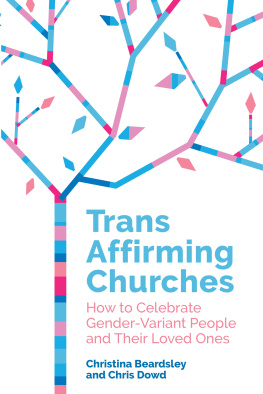
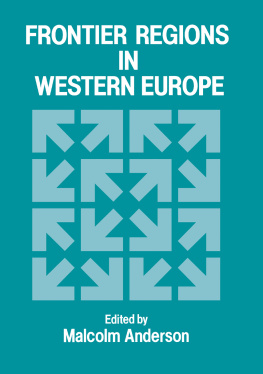
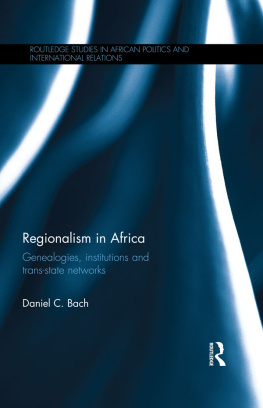
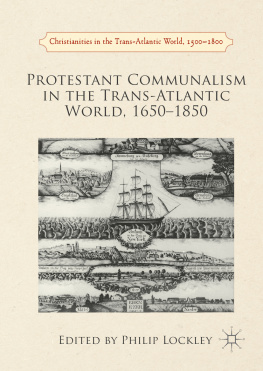
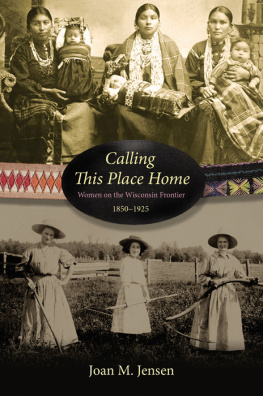
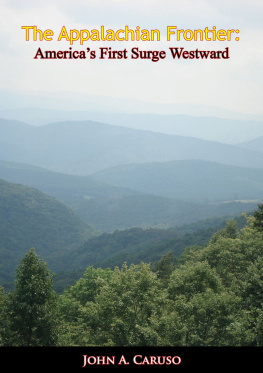
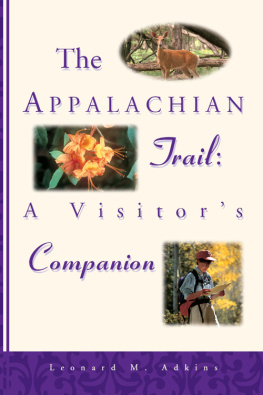
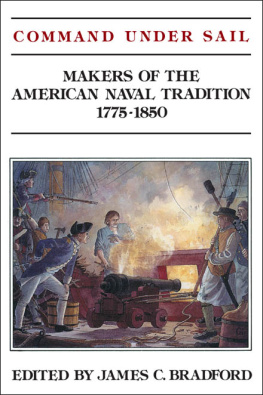






 Contents
Contents